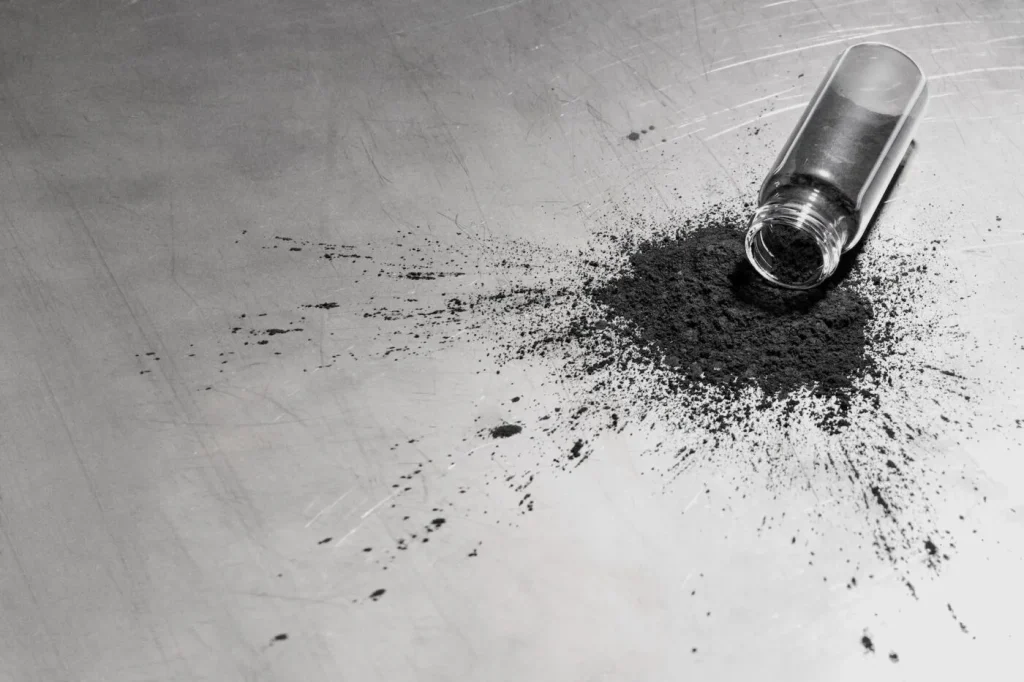The US Department of Commerce has imposed provisional anti-dumping duties of 93.5 per cent on Chinese imports of anode graphite after concluding that the materials were unfairly subsidised. However, not all US companies are happy with the decision.
Reuters quotes from a Commerce Department fact sheet that the additional tariffs will apply uniformly, so the same rate will be levied on all Chinese manufacturers. Exceptions for companies that have not sold their materials below ‘fair market value’ in the USA are not envisaged. The tariffs apply to anode graphite with a minimum purity content of 90 per cent carbon by weight; however, no distinction is made between natural graphite, synthetic graphite or a mixture of both. The final decision is to be announced by 5 December.
The new duties will be in addition to the existing rates, so the effective duty rate will be 160 per cent, according to American Active Anode Material Producers, the trade group that filed the complaint. American Active Anode Material Producers includes companies such as Syrah Technologies (Louisiana), Novonix (Tennesee), Epsilon Advanced Materials (North Carolina), Anovion (New York) and SKI US (Georgia).
According to Sam Adham, Head of Battery Materials at the consultancy CRU Group, a tariff rate of 160 per cent corresponds to an additional cost of seven US dollars per kilowatt hour for an average electric vehicle battery cell. A battery with an energy content of 60 kWh would therefore cost 420 dollars more to buy, and a 100 kWh battery 700 dollars more.
According to Adham, the tariffs would be a “blow to battery manufacturers,” as the tariffs are equivalent to around a fifth of the tax credits for battery manufacturing from the Inflation Reduction Act. These tax credits are also included in US President Donald Trump’s budget proposal. “That basically wipes out profits for one or two entire quarters for the Korean battery makers,” Adham is quoted as saying by Bloomberg.
The problem is that China, as in other areas of battery production and primary products, also holds a leading global role in graphite processing. According to data from BloombergNEF, two-thirds of the almost 180,000 tonnes of graphite products imported into the USA came from China. Tesla, which manufactures battery cells at the Gigafactory in Nevada together with Panasonic, had spoken out against the graphite tariffs, arguing that it was dependent on Chinese imports because the US industry was ‘not developed enough to meet the quality standards and quantities required by the carmaker’.
reuters.com, bloomberg.com

